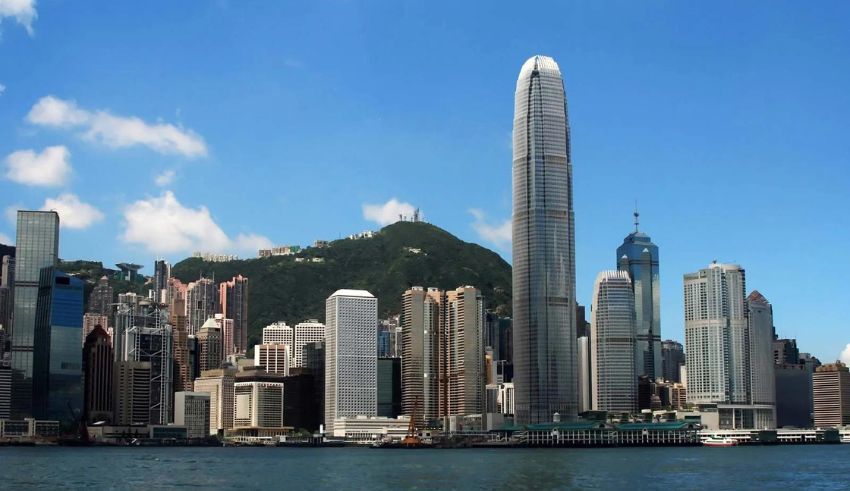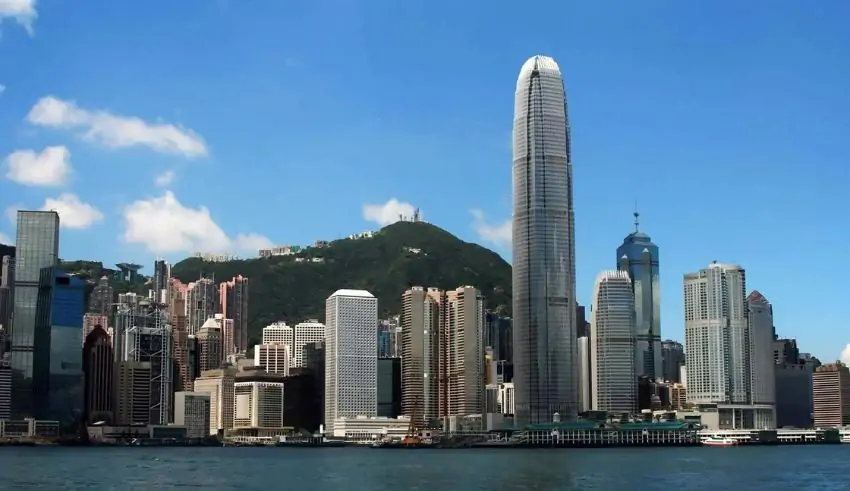

(C) Britannica
In a clear departure from previous leniencies, Hong Kong’s administration has adopted a resolute position on the issue of national security prisoners. This shift is indicative of the government’s intensified focus on safeguarding national security, which has resulted in a stringent policy against early release for individuals convicted of grave national security violations.
The enactment of the new national security law has been a watershed moment for Hong Kong’s legal system. The law’s provisions have introduced a new paradigm in the treatment of national security prisoners, effectively eliminating the possibility of sentence reduction for good behavior unless it can be conclusively demonstrated that such a release would not pose a threat to national security.
The case of Ma Chun-man serves as a stark example of the new law’s implications. Known for his pro-democracy activism, Ma’s anticipated early release was abruptly halted, signaling the government’s commitment to the strict enforcement of the new security law. This decision has set a precedent that is likely to influence the handling of similar cases in the future.
The broader implications of this policy are profound, particularly for activists and dissidents currently imprisoned or awaiting trial under the stringent security law. The prospect of early release, once a beacon of hope for many, has dimmed considerably under the new legal framework, which prioritizes national security considerations over rehabilitative justice.
Hong Kong’s hardened stance on national security prisoners is reflective of a broader shift in sentencing policy. The government’s unwavering approach underscores a message that is being communicated with increasing clarity: national security concerns will take precedence over all other considerations, including the traditional practice of granting sentence remission for good conduct.
The firm stance adopted by Hong Kong’s government marks the beginning of a new era in the region’s approach to national security. As the city navigates its complex relationship with mainland China and the international community, the treatment of national security prisoners will remain a focal point of contention and debate.
The Ministry of Foreign Affairs (MFA) in Singapore has upped its travel warning for Singaporeans by advising against travelling to…
With the aim of honoring the stellar performers and achievers in the music industry of South Korea, the yearly prestigious…
Children’s favourite and globally acclaimed ‘Cocomelon’ is known for their appealing animated videos which features nursery rhymes, educational songs, and…
ExecuJet MRO Services Malaysia has a reason to smile as its maintenance, repair and overhaul (MRO) received the Japan Civil…
Sony is known for catering premium quality in all types of electronics products they make for their users with their…
The European Union and Singapore agreed to a transformative Digital Trade Agreement which serves to deepen their economic relations through…
This website uses cookies.
Read More